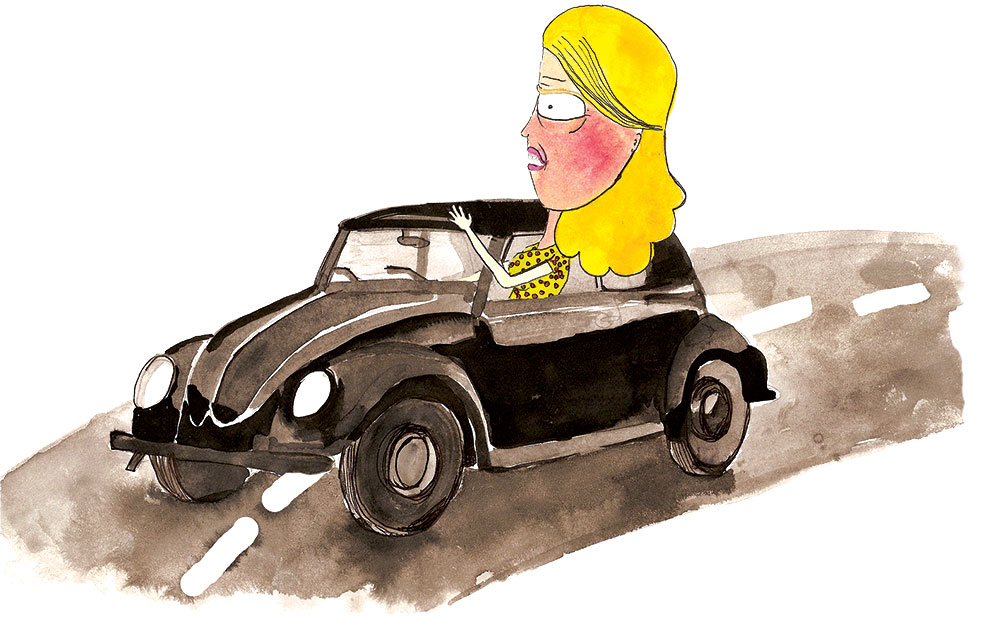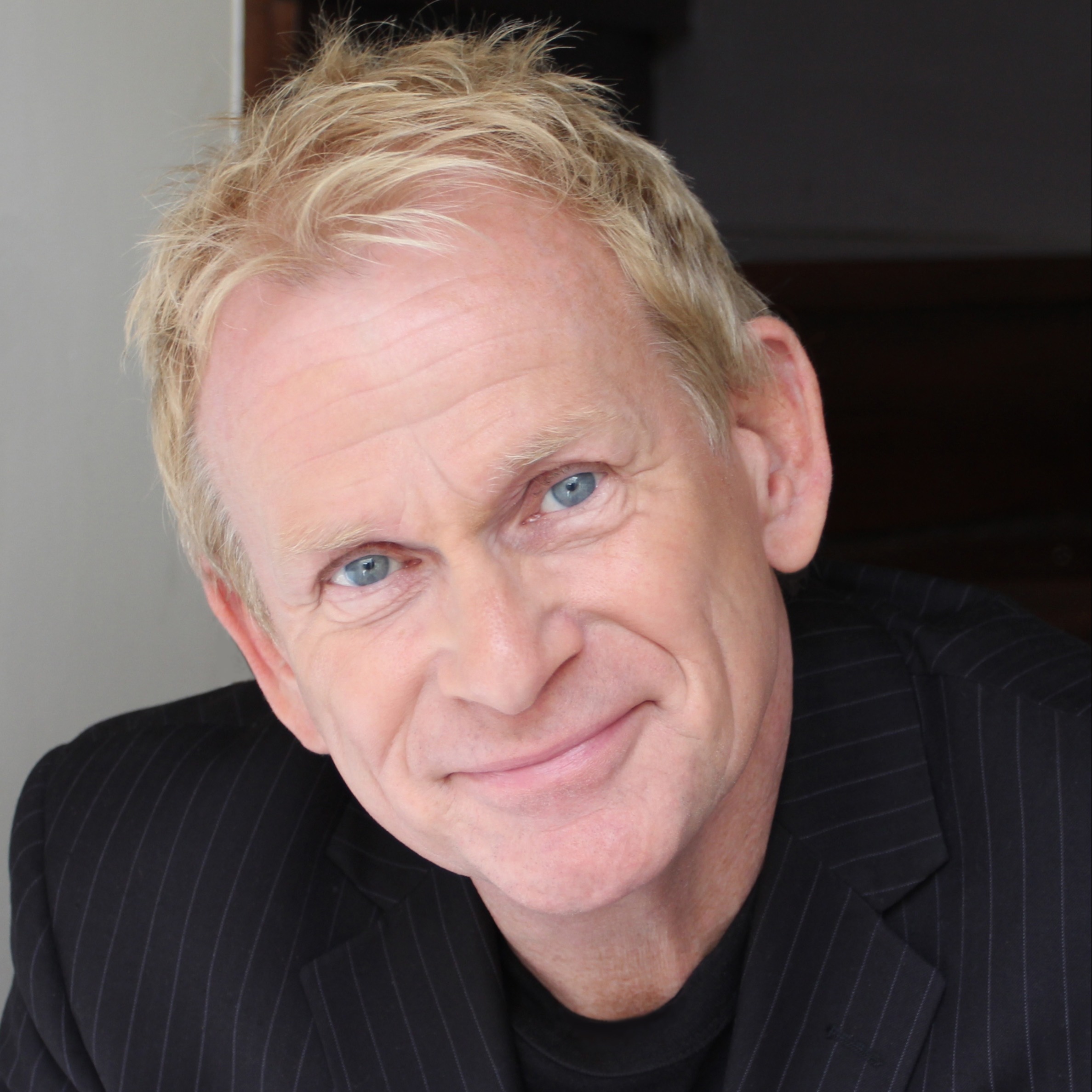
A crying or whinging child in a supermarket is enough to drive anyone around the bend. I’ve seen some mothers try to keep reasoning while others can become more frustrated and desperate.
Like most of us I’ve seen desperate parents handling the situation in very different ways. When I hear a parent shout at their child or even call it names, I feel angry and want to protect it as my natural impulse is to interfere.
It is hard to hold myself back, especially when I hear a child being threatened with the words; do you want a smack? My first reaction is to confront the mother and say, what would you like the child to say, yes please mummy!
You often get an insight into what their parents have modelled regarding emotional intelligence. Even the most aware parent in moments of stress or despair, an impulse, even if not acted upon, often reveals a clue to one’s own upbringing. Yet for most people this is totally outside their awareness.
You might unconsciously ‘Do unto others as others have done unto you.' People often let their children (as well as their partners) feel how it felt for them when they were a child. As if they want to say: this is what it felt like for me. The opposite might also occur. "I don’t want you to feel what I felt."
Some parents become overly cautious or protective so as not to repeat the hurt the lack of emotional intelligence might have caused. One of my clients refused to set boundaries and discipline with his child as he felt his upbringing was far too strict and authoritarian. He did not even want his child to refer to him as daddy but to call him by his first name.
With awareness we can find many clues both in ourselves and in others about what our parents taught us about emotional intelligence. These clues are revealed in our daily interactions and responses not just in our conscious memory. When it comes to emotional intelligence (or the lack thereof) the key is to neither react to, nor to blindly follow in our parent's footsteps.
As Aristotle said in his doctrine of the mean: ‘virtue lies between two opposites, excess and deficiency.' In other words between too much or too little. In Buddhism it’s called the middle way. Rather than overtly teaching emotional intelligence we model it. It is important to not just repeat or reject what we experienced in our own childhood.
It is about choosing the middle way, not too much and not too little based on gaining insight through conscious awareness, reflection and responding accordingly.
This is after all the core of emotional intelligence.
These Stories on Awareness

Tao de Haas is a registered Psychotherapist, Social Ecologist and Corporate trainer. He is the co-founder of Minds with Integrity, an i4 Practitioner and one of the co-authors of 'Leadership is Upside Down: The i4 Neuroleader Revolution".
Monday to Friday
9:00am - 5:00pm (AEST)
Sydney, Australia
We reply within 48 hours!
General Business Enquiries:
hello@aboutmybrain.com
Technical Support:
support@aboutmybrain.com
No Comments Yet
Let us know what you think